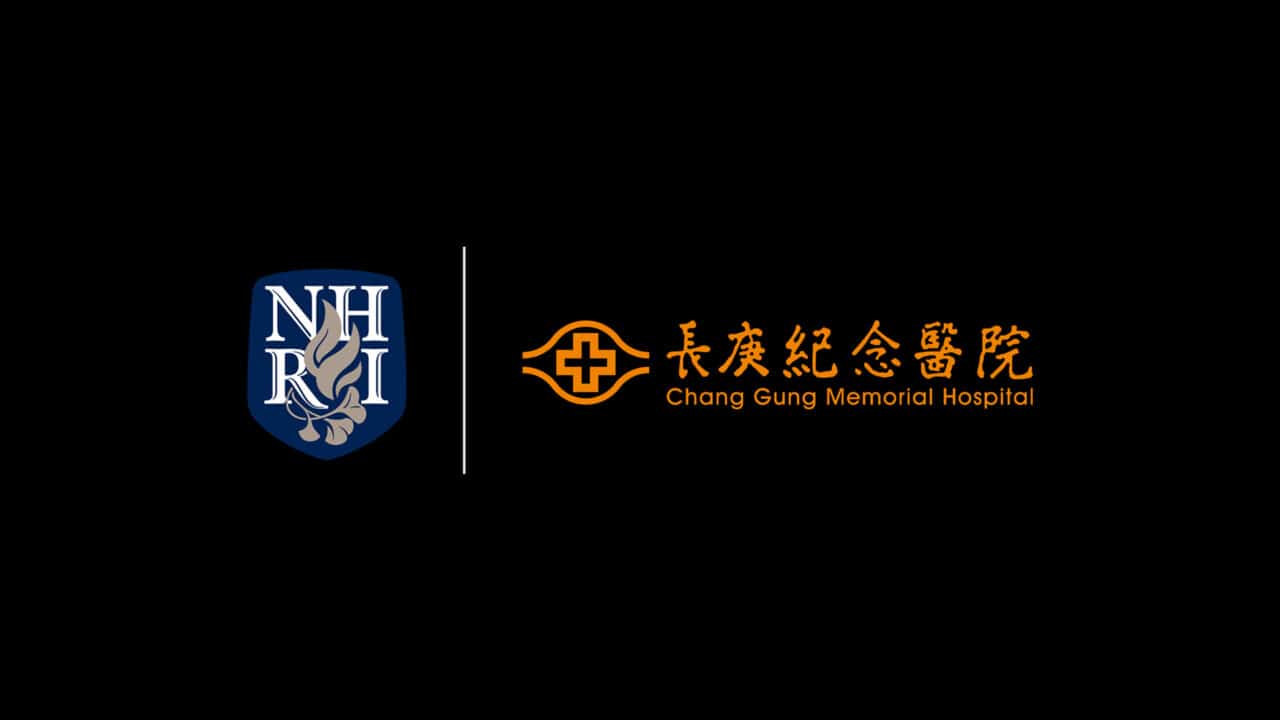Taiwan’s leading medical centers — the National Health Research Institute (NHRI) and Chang Gung Memorial Hospital (CGMH) — are set to advance biomedical research and healthcare for patients.
The centers are embracing accelerated computing and generative AI for everything from imaging to enhancing patient care, from streamlining clinical workflows to drug discovery research.
“The use of AI in healthcare will fundamentally change the way we approach disease prevention and treatment,” said Dr. Hung-Yi Chiou, director of the Institute of Population Health Sciences (IPHS) at NHRI. “With AI’s ability to analyze vast amounts of data quickly and accurately, we can develop personalized medicine strategies and early intervention methods that were previously unattainable.”
“The future of AI in healthcare is incredibly promising,” said Dr. Wen-Jin Cherng at CGMH.
With the assistance of AI in smart healthcare, future diagnoses will become more accurate, treatment plans will have better predictions and patients will experience faster recovery, Dr. Cherng explained. And in complex analytical processes, AI can enable more efficient and cost-effective decision-making in healthcare, he added.
“The transformative potential of the NVIDIA Blackwell platform allows us to integrate advanced AI capabilities into our medical practices, enhancing patient care and streamlining clinical workflows like never before,” he said.
NHRI, the leading medical research institution in Taiwan, plays a crucial role in advancing public health through biomedical research and innovation. The integration of NVIDIA accelerated computing into its IT infrastructure marks a significant leap forward in the realm of AI-driven healthcare.
NHRI’s collaboration with NVIDIA also extends to the development of large language models tailored specifically for Taiwan’s healthcare needs.
“Traditional Chinese medical records and genomic data present unique challenges that require localized solutions,” said Dr. Feng-Chi Chen, deputy director of IPHS at the NHRI.
These challenges include the complexity of language variations and the need for precise genomic interpretations specific to Taiwan’s population, Dr. Chen explained.
“NVIDIA accelerated computing enables us to create these solutions, ensuring that our healthcare system remains at the cutting edge of medical research,” he said.
CGMH, one of the largest healthcare systems in Taiwan, operates a network of 10 hospitals with a combined inpatient capacity of over 11,000 beds. It also serves millions of people in outpatient services. It’s a cornerstone of Taiwan’s healthcare system, which is one of the most advanced in the world.
“With the computational power of Blackwell, we can expand our language model services to all hospitals under our umbrella, enhancing professional support, patient care and streamlining clinical workflows,” said Dr. Chang-Fu Kuo, director of the AI center at CGMH. “It addresses the needs of various medical disciplines and diverse patient populations, enabling healthcare professionals to focus on critical clinical tasks and ultimately improve patient outcomes.”
NHRI, CGMH Pioneering Medical AI
NHRI currently uses six NVIDIA DGX A100 systems for cloud and data center services, focusing on biomedical model training and genomic analysis.
By harnessing the power of NVIDIA accelerated computing, NHRI is also tackling pressing public health issues. One of its key projects involves using AI to predict the risk of chronic diseases such as diabetes and cardiovascular conditions by analyzing a multitude of genetic and environmental parameters.
“This level of analysis was previously unattainable due to computational constraints,” said Dr. Chen. “Now, with the power of NVIDIA accelerated computing, we will be able to offer more accurate risk assessments and preventative strategies.”
CGMH also has a diverse array of NVIDIA hardware, including NVIDIA H100, A100, and other Tensor Core GPUs, which it uses for medical imaging development and deployment. The foundation serves 46 models daily and intends to use Blackwell for LLM training and the deployment of service robots in hospitals.
Running these systems on premises and keeping the data within the hospital’s infrastructure are key to ensuring patient data privacy as well as faster data processing and reduced latency, said Dr. Chihung Lin, deputy director of the CGMH AI center.
These technologies may be used in various medical applications, including:
- Clinical Decision Support System: Developed on premises to ensure patient data confidentiality and privacy, this system assists clinicians by providing access to up-to-date data and guidelines and using models to answer questions and prepare medical decisions.
- Patient Interaction System: Allows patients to interact with a robot to get answers about their medication and medical conditions, reducing the burden on medical staff. Medical staff review the robot’s responses to ensure accuracy.
- Medical Imaging: Enhances radiology and other imaging tasks using AI. This project is one of the most mature AI technologies in CGMH’s healthcare system.
- Precision Medicine: Handles large-scale genomic data and transforms sequences into readable medical reports for doctors. Focused on building computational facilities to support whole genome and exome sequencing.
- Expansion of AI Services: Aims to extend the language model services to all hospitals under CGMH’s umbrella, leveraging the computational capacity from the Blackwell platform to support this expansion.
Other applications include early detection of colorectal cancer via endoscopy, autoimmune disease screening through microscope images and kidney disease prediction using general imaging techniques.
NHRI and CGMH’s adoption of accelerated computing underscores the growing importance of AI and advanced computing in medical research and healthcare delivery.
With these tools, Taiwan is poised to make strides in improving patient outcomes and advancing biomedical science.
